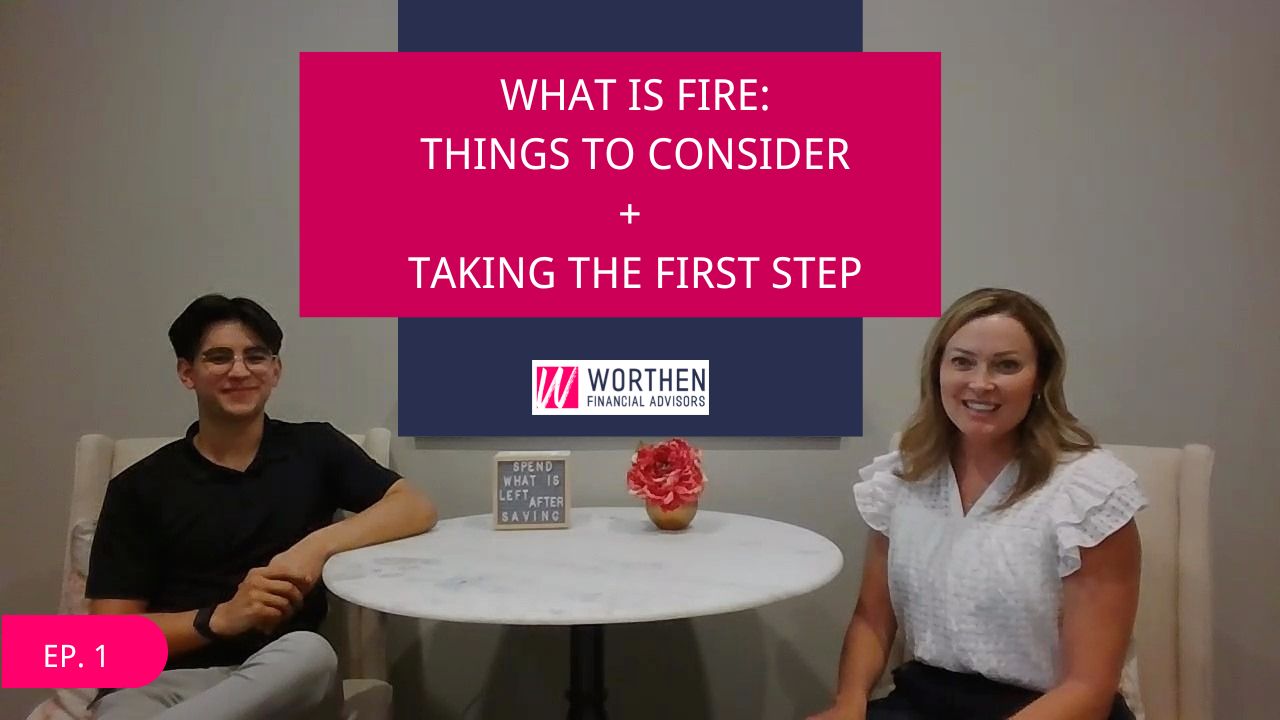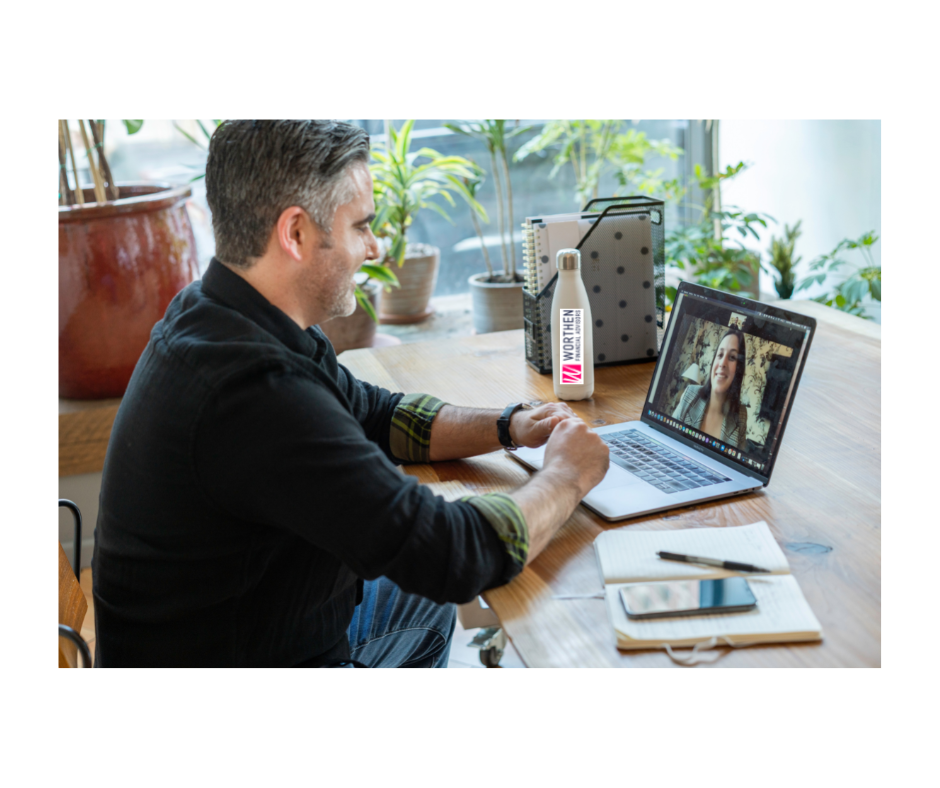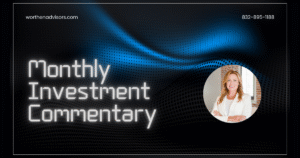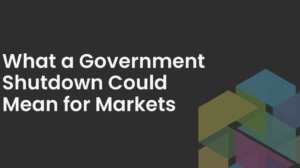EXECUTIVE SUMMARY
Historically, the path to retirement has been filled with a lifetime of work, typically at a job that the worker isn’t completely passionate about, leading to feelings of incompleteness and dissatisfaction. However, everyone else was doing the same thing so we all just plodded along, waking up, going to work, coming home mentally exhausted from the emotional drain of spending a lifetime doing something we don’t want to do, going to sleep, and waking up to do it all again. We cherished FRIDAY and the WEEKEND, so we could have a break, and counted down the days until we turned 65, received a watch and a luncheon from our company, and went home to rest, free from the burden of work. But what if we could create a life that we didn’t need a break from, and create a lifestyle that allowed us to retire early? Enter FIRE! Financial Independence Retire Early, an alternative way of thinking introduced in the book, “Your Money or Your Life” by Vicki Robin & Joe Dominguez.
In our 1st FIRE episode, Angela Johnson, CFP® (Gen X) and Client Service Specialist Anthony Hernandez, CFP® Candidate (Gen Z) explain some of the core concepts of the FIRE movement and the intentional thoughts and actions needed to make good decision that lead to the ability to live a life where you pursue your passions, enjoy your work and possibly retire early.
As a starting point, it’s important to understand the concept of life energy. Life energy is what we trade in exchange for money, our time and mental energy. As we start to evaluate purchases through the lens of life energy, we find some things are totally worth that life energy, such as a set of golf clubs if that allows us to pursue our passion! However, we will find that some things are not worth our life energy, such as a $200 pair of jeans when a $40 pair of jeans look just as good on us. This can be difficult for those consciously or unconsciously raised to “Keep up with the Jones”. To live a FIRE lifestyle, the need to keep up with the Jones’ has to go. So does spending money on things that live in your closet, drawers or cabinets and never/rarely get used. Buying something strictly for the joy of spending money, when there is no intention to use the product or no need for the item, will crater your financial goals. Suze Orman does a great job of explaining this in Women & Money: Owning the Power to Control Your Destiny.
Now is a great time to evaluate how you spend your life energy using the Life Energy Calculator and make sure you’re spending your life energy in a way that is consistent with your financial goals and dreams.
Additionally, we briefly discuss using budgeting or spending apps as a tool to gain a clear picture of what you’re spending in order to start to get a handle on your finances and see how much, if anything, can be redirected to investing for your future in order to retire early.
Ultimately, the key point is that while being financially independent and retiring early may sound attractive, it doesn’t just magically happen. It takes intention. Evaluating how your spending your life energy and where your money is going is the first step to creating a life you love, now and in the future!








